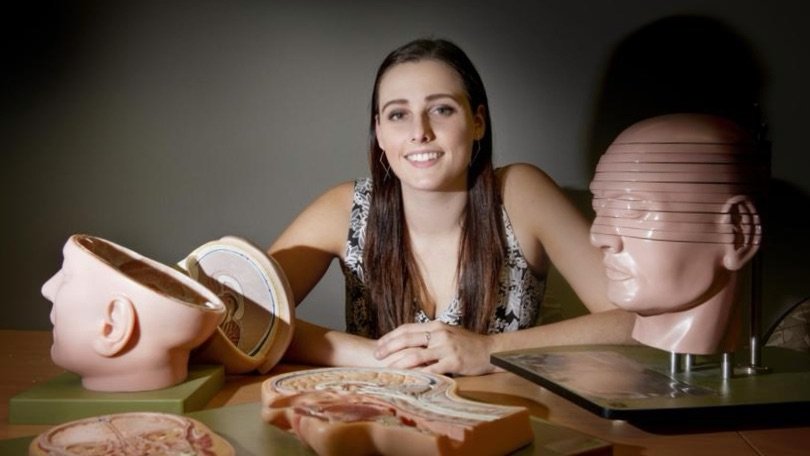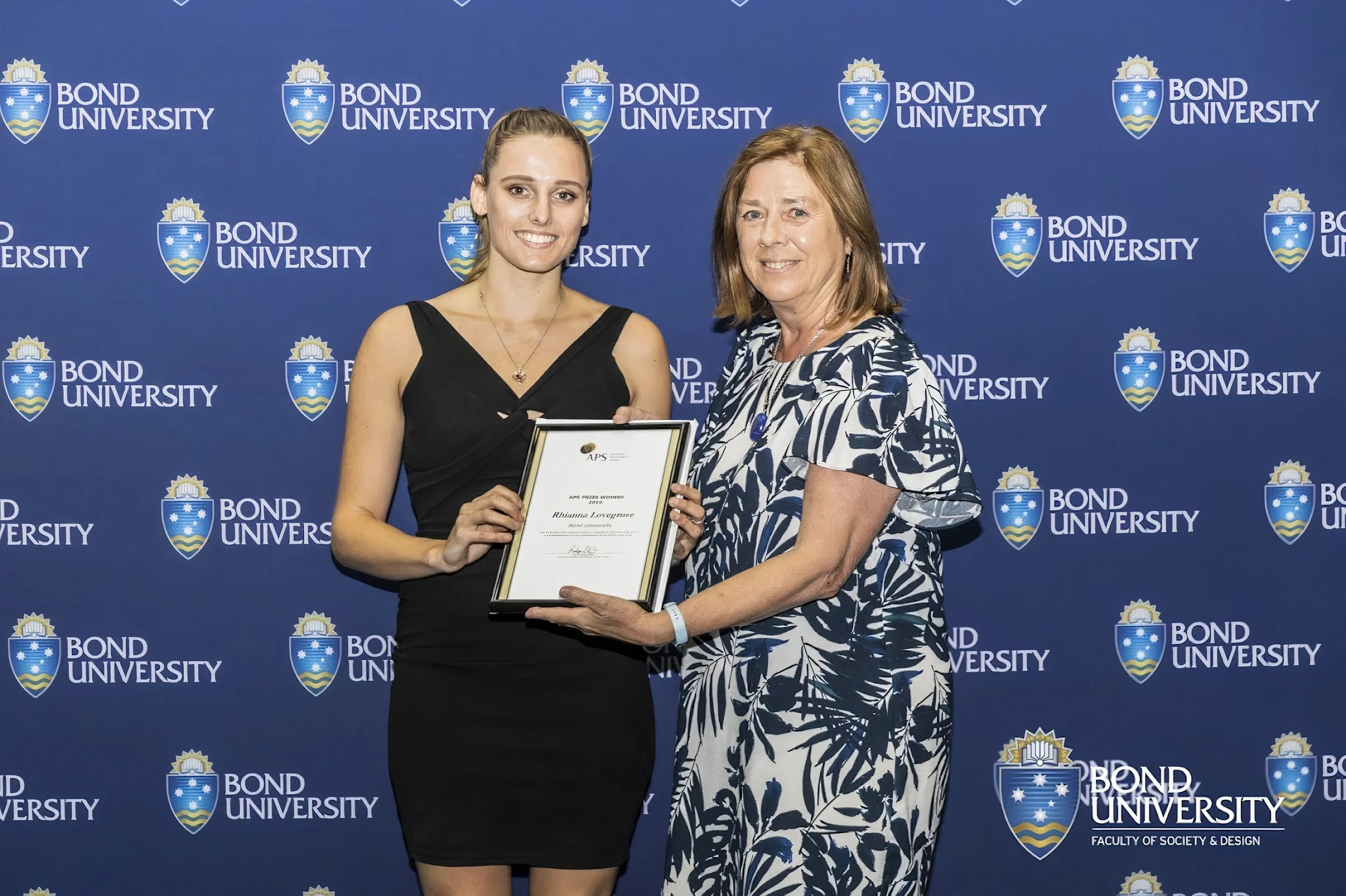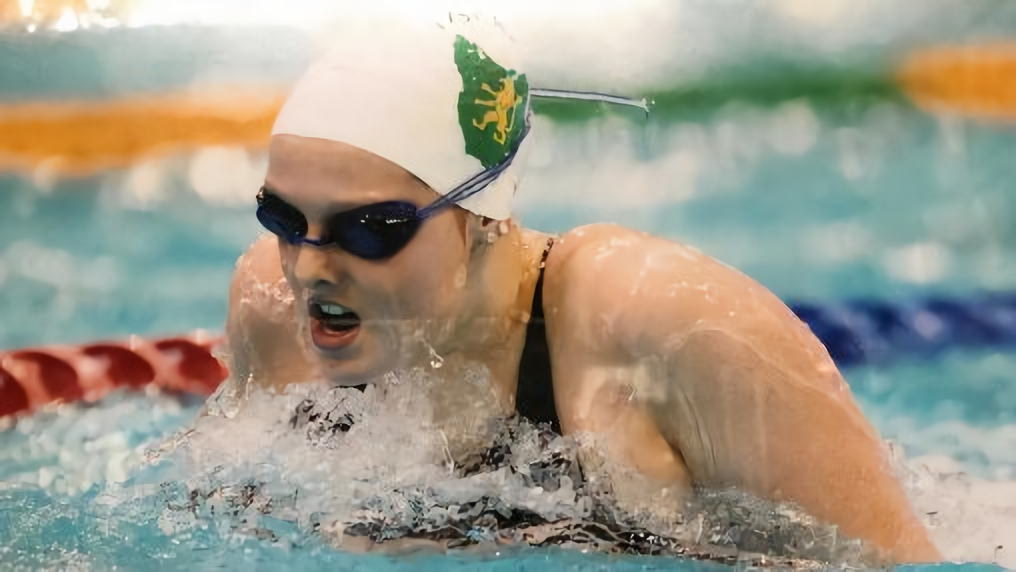In many ways,
I am typical...
I was raised in a typical middle-class nuclear family unit, living in a rural Tasmanian town; population of around 2000 people. My typical childhood involved playing sports (i.e., netball, basketball, tennis, running, swimming), weekly piano lessons, reading stories with my mother, hammering nails into planks of wood with my ‘tradie’ dad, and becoming very well versed in backyard cricket and AFL drills thanks to my older brother.
When you're a kid growing up in a tiny rural town, there aren't a lot of 'kid-friendly' things to do. I fell in love swimming and eventually came to pursue competitive swimming as my main focus for eight years. It gave me purpose and a circle of like-minded friends. Ifound that the harder I tried and trained, the better my results. I became very close with my coach and had complete faith in his methods. After achieving success at a high level in my "pet" events, I felt optimistic about my future in the sport. Everything I wanted seemed right at my fingertips. Maybe I'm not like everyone else, I thought.
Given my historical sporting performance, I managed to secure a sports scholarship at a prestigious and expensive private school; Scotch Oakburn College, from Year 9 – 10, transferring to a larger academic scholarship from Years 10 – 12. I graduated
By the end of my senior year, I had been in multiple college productions, taken up public speaking, won numerous speaking competitions (including Lions Youth of the Year), debated, participated in auctions, been the female "Dean" house captain, made lifelong friends and mentors, and been awarded for my "service to students," "character and determination," and a few subject dux achievements. I applied at random to Bond University on the Gold Coast and ultimately won a full 'Vice Chancellor's Elite Scholarship' to study Psychology there.
I packed up my Tasmanian life at 18 and moved to the Gold Coast. Across two years and eight months I completed my undergraduate and honours degrees. I graduated as Valedictorian and gave the valedictory address to the largest Bond University Faculty; of Society and Design. I was honoured to receive the John Hardy University Medal (awarded yearly to the “best Society and Design student with the highest level of academic achievement"). I dedicated my thesis to my late grandfather that had Dementia – and created an experiment that investigated how different exercise types impacted executive functioning; an early indicator of Dementia-related cognitive decline. I was the only student in my graduating cohort to obtain first class honours and I won the Australian Psychological Society (APS) prize for best student of that year.
Alongside my studies, I had many job opportunities. I worked as a private early intervention behavioural analyst for children with Autism Spectrum Disorder (ASD), an academic research assistant, Indigenous support officer, a writer and content creator, team manager, teacher, and a university academic. Straight after my honours year, I was accepted into Bond University’s Master of Clinical Psychology program, and eventually graduated as dux of my cohort.
While the account I have described so far looks quite typical of any young Australian—with the odd dash of serendipity, great chance, and hard work leading to some success here and there—there is one big atypicality I have neglected to mention:
In other ways,
my path has been anything but ordinary...
I have spent more than a decade, from the seventh grade (13 years of age) until this very day, living with an interrelated set of debilitating and long-undetected/poorly understood chronic illnesses related to over-activation and inflammation of the nervous/immune systems.
Postural Orthostatic Tachycardia Syndrome (POTS) and Hypermobility Ehlers Danlos Syndrome (hEDS) have undeniably changed my life, including severely limiting my physical capabilities in the most unanticipated ways.
For many years, I did all that I could to keep my illness a ‘secret’ from the outside world - afraid of how others might perceive limitations that I ultimately could not control. Trying to lead a ‘normal life’ led to more suffering, so eventually I learned that the only way forward was to accept my current circumstances, live in accordance with my values, tell my story, disclose my struggles, be vulnerable but hopeful, and stand up for myself and needs. I now try to approach every day with self-compassion, and take every opportunity I get to advocate on behalf of those who suffer similarly in silence. Click here to find out more about POTS and chronic illness.














